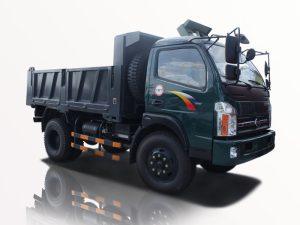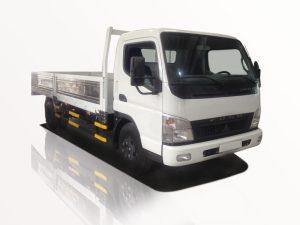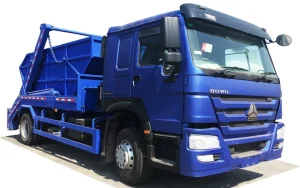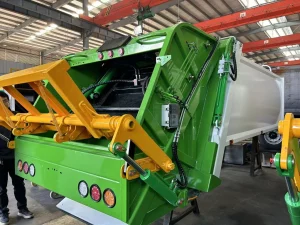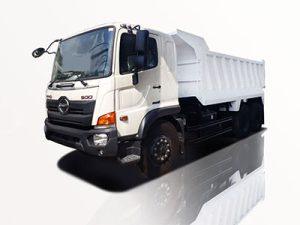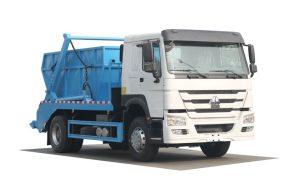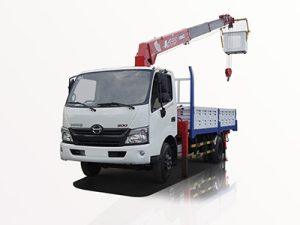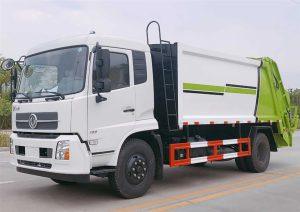Monday to Saturday - 8:00 -17:30
Exploring the Ford Transit RV Class C: Your Ultimate Guide
The Ford Transit RV Class C is gaining popularity among adventure seekers and families looking for the perfect home on wheels. With a superb blend of comfort, functionality, and innovation, this vehicle offers everything you need for long road trips, camping, and making unforgettable memories. In this article, we will delve into the features, benefits, and practical tips regarding the Ford Transit RV Class C, ensuring you have all the information you need to make an informed decision.
Understanding the Ford Transit RV Class C
What is a Class C RV?
A Class C RV is a type of motorhome built on a van chassis. It typically has a distinctive cab-over design, where a portion of the driver’s area extends over the front of the vehicle, providing additional sleeping space or storage. The Ford Transit, known for its versatility and performance, has become a favorite base for many Class C RV models.
Why Choose the Ford Transit for Your RV Needs?
The Ford Transit offers a unique combination of power, efficiency, and practicality, making it an ideal choice for RV enthusiasts. Its robust build, impressive engine options, and advanced technology features provide a solid foundation for an enjoyable road trip experience. Additionally, the Transit is known for its spacious interior, making it suitable for families or groups.
The Key Features of Ford Transit RV Class C
Engine Performance and Efficiency
The Ford Transit RV Class C typically comes with two engine options: a 3.5L V6 EcoBoost engine and a 2.0L 4-cylinder turbocharged engine. Here’s a breakdown of their performance:
| Engine Option | Horsepower | Torque | Fuel Efficiency (MPG) |
|---|---|---|---|
| 3.5L V6 EcoBoost | 310 | 400 lb-ft | 14-15 city / 20-22 highway |
| 2.0L 4-Cylinder Turbo | 210 | 363 lb-ft | 18-20 city / 24-26 highway |
Interior Space and Layout
The interior of the Ford Transit RV Class C is designed with comfort and functionality in mind. Most models offer:
- Multiple sleeping areas, including a cab-over bed and rear queen or king beds.
- A well-equipped kitchen with a refrigerator, microwave, and stovetop.
- A full bathroom setup, including a shower and toilet.
- Generous storage space for all your travel gear.
Advanced Technology and Safety Features
Modern Ford Transit RVs come with advanced technology that enhances both comfort and safety:
- Touchscreen infotainment system with navigation and smartphone integration.
- Rearview cameras and sensors for easy parking and maneuvering.
- Adaptive cruise control and lane-keeping assistance.
Customization Options
One of the significant benefits of the Ford Transit RV is its customization potential. Many manufacturers offer a variety of layouts, materials, and features depending on your preferences. Examples include:
- Choosing between different upholstery fabrics and colors.
- Adding solar panels for off-grid capability.
- Modifying the kitchen area with additional appliances.
Practical Tips for Choosing and Owning a Ford Transit RV Class C
How to Choose the Right Model
When selecting your Ford Transit RV Class C, consider the following:
- Your typical travel group size: Choose a model that accommodates everyone comfortably.
- Usage frequency: Opt for features that align with how often you plan to travel.
- Your budget: Factor in not only the purchase price but also ongoing maintenance costs.
Essential Accessories for Your Transit RV
Maximize your camping experience with essential accessories:
- Portable chairs and tables for outdoor gatherings.
- Solar chargers for keeping devices powered during trips.
- Water hoses and sewer kits for campsite hookups.
Maintenance Tips for Longevity
Proper maintenance can extend the life of your Ford Transit RV:
- Regularly check the engine oil and coolant levels.
- Inspect the tires and maintain proper tire pressure.
- Ensure that the entry points and seals are watertight to prevent leaks.
Planning Your First Trip
Here’s a step-by-step guide to planning your inaugural road trip:
- Plan your route and research campgrounds in advance.
- Pack efficiently, considering both space and weight limitations.
- Prepare a meal plan to save time and money during your travels.
- Settle on a departure date and ensure all vehicle checks are completed beforehand.
Top Ford Transit RV Class C Models in 2023
Popular Models to Consider
Let’s take a look at some of the top models you should consider
| Model | Length | Sleeps | Key Features |
|---|---|---|---|
| Winnebago View | 25 ft | 4 | Solar panel, Murphy bed, high-efficiency ratio |
| Kennedy’s Custom Transit | 24 ft | 6 | Luxury interior, fold-out bunks, spacious layout |
| Coachmen Nova | 22 ft | 4 | Modern kitchen, outdoor shower, rear garage storage |
Ford Transit RV Class C vs. Other RV Classes
Comparing Class C with Class A and Class B
Understanding the differences between RV classes is crucial for making an informed decision:
| Feature | Class A | Class B | Class C |
|---|---|---|---|
| Driving Ease | Large and challenging | Easy to drive | Moderate; depends on size |
| Sleeping Capacity | Up to 10 | 2-4 | 4-8 |
| Price Range | High-end | Mid-range | Affordable |
The Ford Transit RV Community
Joining Clubs and Social Media Groups
Become a part of the thriving Ford Transit RV community.
- Join online forums and social media groups for tips and camaraderie.
- Attend RV shows and rallies to meet fellow owners.
- Share your experiences and learn from others.
Resources for Ford Transit RV Owners
Here are some valuable resources for Ford Transit RV enthusiasts:
- Ford’s Official Transit Website – Current models and updates.
- RVDA – Resources and support for RV owners.
- RV Forums – Engaging discussions and community support.
Frequently Asked Questions (FAQ)
1. What is the average price of a Ford Transit Class C RV?
The price varies depending on the model and specifications but typically ranges from $60,000 to over $100,000.
2. How many people can sleep in a Ford Transit RV Class C?
Most models can accommodate between 4 to 8 people, depending on the layout and configuration.
3. Is the Ford Transit RV suitable for off-grid camping?
Yes, many models allow for off-grid camping with the addition of solar panels and additional battery systems.
4. What is the warranty coverage on a Ford Transit RV?
The Ford Transit RV generally comes with a limited warranty covering the chassis and powertrain for 3 years/36,000 miles, with extended options available for the camper components.
5. How does fuel efficiency compare between Class C and other classes of RVs?
Class C RVs, particularly those built on Ford Transits, tend to be more fuel-efficient than their Class A counterparts, particularly due to their smaller size and lighter weight.
6. What are the maintenance costs for a Ford Transit RV?
Maintenance costs can vary, but regular inspections, oil changes, and tire rotations are essential. On average, expect to spend around $1,000 annually, depending on usage.


